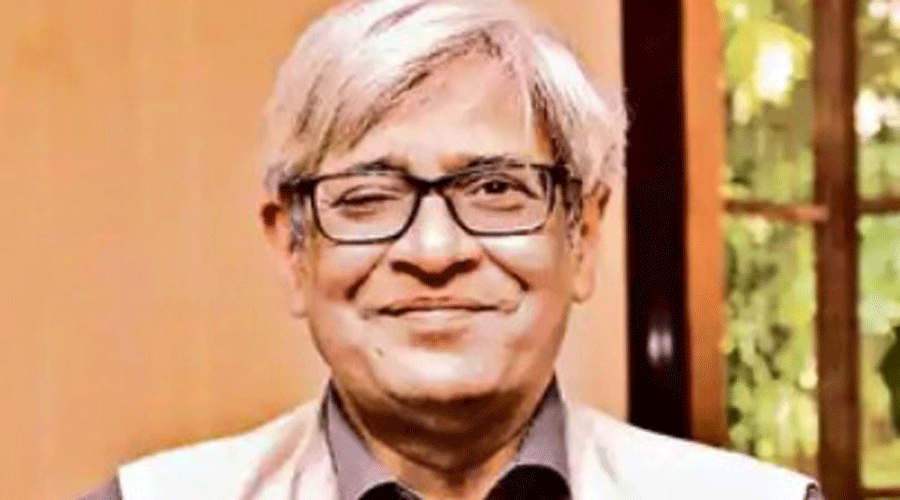The chairman of the Prime Minister’s economic advisory council, Bibek Debroy, on Monday said India should have a single rate GST and a taxation regime devoid of exemptions — simliar to the views expressed by Congress leader Rahul Gandhi made a few days back during his Bharat Jodo Yatra.
With inflation above the RBI’s upper tolerance threshold of 6 per cent for the ninth month in a row and retail inflation at a five-month high of 7.41 per cent in September, a single rate would only trigger fears of a spike in inflation.
The RBI has hiked the key interest rate four times this year to 5.90 per cent — the highest since April 2019.
“We need to take a call on whether we accept there should be a single GST rate or not. Everyone’s mindset is one of trying to control. And, so we decide this particular item is elitist in nature, so the GST rate of this must be higher; this particular item is an item of mass consumption and therefore the GST rate on that should be lower,” Debroy said at the TIOL (Tax India Online) Congress 2022.
“The moment we accept this mindset, we allow for differentiation. The moment we allow for differentiation, we allow for subjective interpretation, we allow for litigation. And it is therefore my submission before you that as a polity we need to recognise that the GST rate should be the same regardless of the product,” he said.
“If progressivity is to be introduced, it is best done by direct taxes, not GST, or indirect taxes,” he said.
Debroy was quick to add that his views were personal and were not in any way recommendations to the Centre. But the delayed GST Council meeting — initially expected this fortnight — offers the BJP an opportunity to do a double take on rate rejig.
Congress leader Rahul Gandhi — recently during the Bharat Jodo Yatra at Mahabubnagar District in Telengana — alleged that a faulty GST regime and the Modi government’s demonetisation exercise in November 2016 has ruined small and medium businesses. “When our government assumes power in Delhi, we will revisit GST and there will be only one tax (slab) not five (slabs).”
The four-tiered structure of the GST has been debated since its inception. The indirect tax regime, which completed five years on June 30, has four slabs: 5 per cent, 12 per cent, 18 per cent, and 28 per cent. Further, some goods in the 28 per-cent-slab attract cess, while some fall under the nil category or exempted goods.
West Bengal finance minister Chandrima Bhattacharya said: “As an economist he (Debroy) can have his own opinion. But, there is no such proposal on the table. If he says single rate, what rate he is talking about, is it the highest or the lowest or any other rate.”
“The GoM has not met and no meeting has been scheduled, so far. We do not know when the next GST Council would meet. If and when any proposal on rates comes, the council would take a call and we would express our views,” Bhattacharya told The Telegraph.
On Rahul Gandhi’s view of a single rate when Congress comes to power, she said: “Let us see as and when they come to power.”
The interim report on rates, prepared by a group of ministers headed by Karnataka chief minister BasavarajBommai and accepted by the GST Council, resulted in an increase in rates of over two dozen goods and services, ranging from unbranded fooditems, curd and butter milk to low-cost hotels, cheques and maps.
The move evoked sharp criticism from Oppositionstates and protests by different citizens’ groups and consumer organisations amidst spiralling inflation. Since then, there has been little headway in rate rationalisation.










